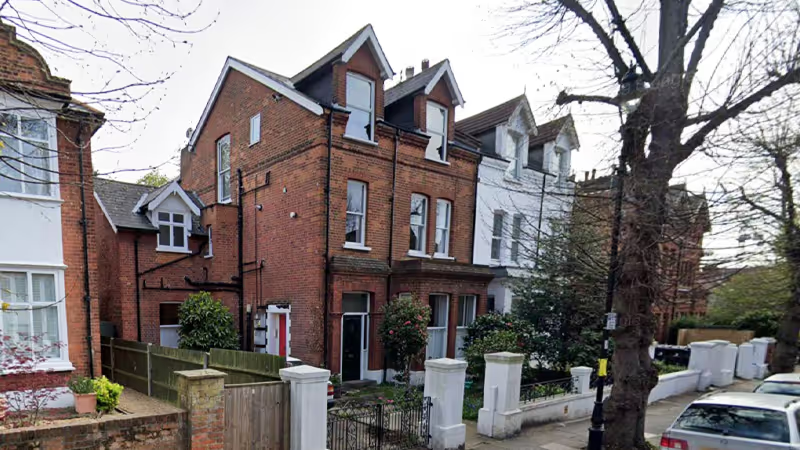




A landlord has failed to convince a First Tier Property Tribunal that her amateur status and ignorance of licensing schemes should dramatically reduce a Rent Repayment Order.
Aruna Murthy argued that she had started taking in lodgers at her three-bedroom flat in Avenue Gardens in Acton, London (pictured), to help pay the mortgage.
In 2015 she moved to the United States, but health problems and a stressful divorce made it more difficult to manage the property from overseas.
She rented it out – including the third room - so that she could continue to pay the mortgage and avoid repossession. However, monthly mortgage payment increases meant she was eventually making a loss of more than £10,000 per year.
The tribunal heard that the property should have been licensed under Ealing Council’s additional scheme.
Her tenants told the court she didn’t protect their deposits until after the 30-day deadline, failed to ensure that an electrical safety certificate was in place and did not give them a copy of the EPC, or How to Rent Guide. The property did not have a fire blanket and only had one fire alarm, while the tenants had to chase for repairs to be carried out.
The judge ruled that Murthy’s explanation was not a reasonable excuse. Balancing her health issues with various problems in the house, he ruled that 60% of the amount claimed was fair and her two tenants will share a £10,020 payout.
“Even if it could be argued that the applicants did not suffer direct loss through the respondent’s failure to obtain a licence, it is clear that a large part of the purpose of the rent repayment legislation is deterrence,” he said.
“If landlords can successfully argue that the commission by them of a criminal offence to which section 43 of the 2016 Act applies should only have consequences if tenants can show that they have suffered actual loss, this will significantly undermine the deterrence value of the legislation.”
Murthy has until the end of August to appeal the decision.
Tags:
Comments